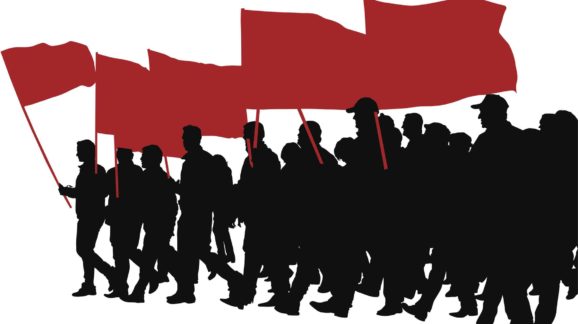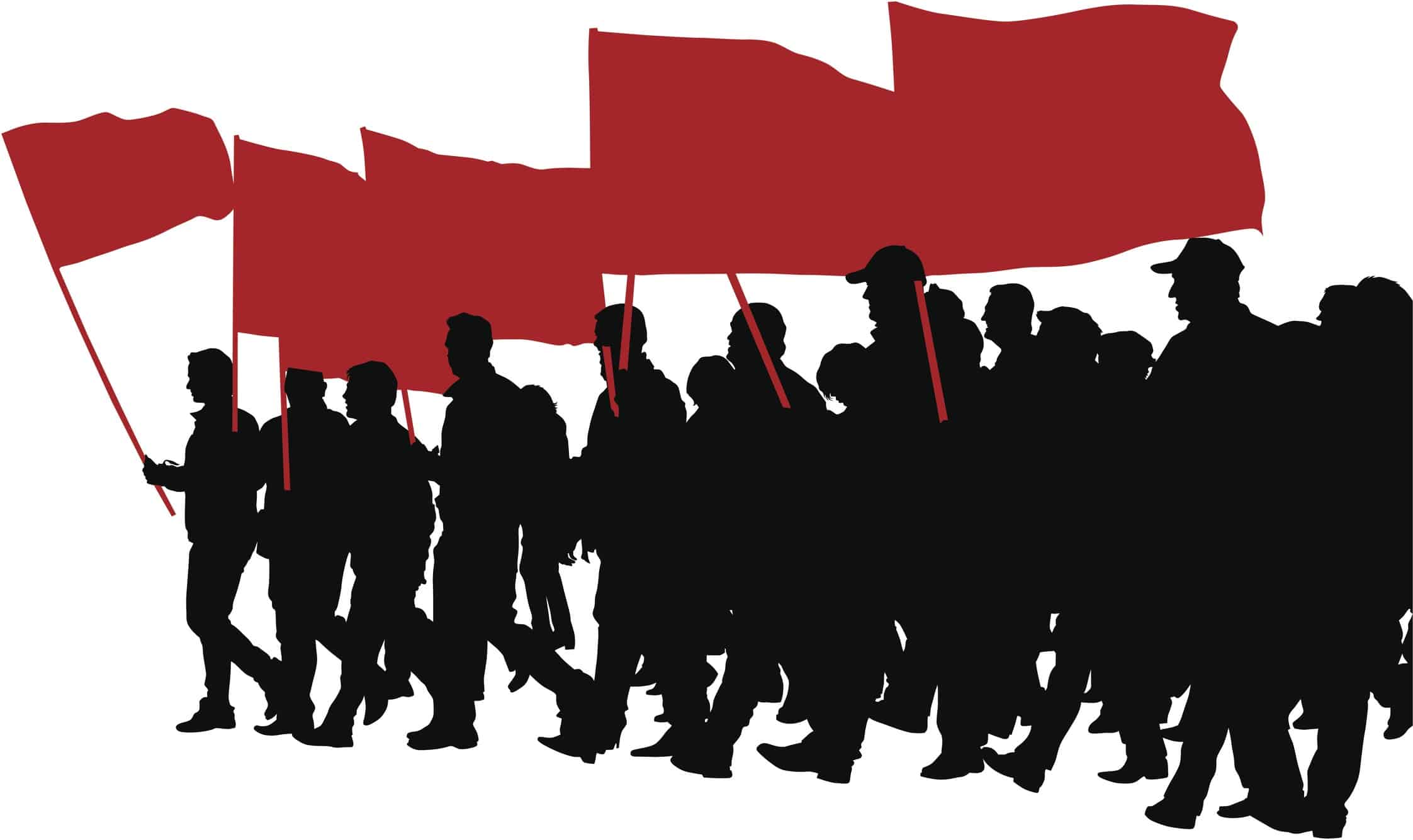DNC Email Leak Shows Cozy Relationship between Democrats and Unions

 In the words of late NFL football coach Dennis Green, “they are who we thought they were.”
In the words of late NFL football coach Dennis Green, “they are who we thought they were.”
The Democratic Party and labor unions are consistently accused of having a quid pro quo relationship, and for good reason. Emails from the DNC email leak confirms this and reinforces research that shows that major labor unions contribute nearly exclusively to liberal causes. From 2012-2014 labor unions contributed $418,660,619 to progressive organizations and 99 percent of union political funds go to left-wing causes.
What do labor unions get? Just check out the Democratic Party platform. It is a set of misguided policies that benefit unions over workers and the economy.
For one example, the Democratic Party platform advocates for a $15 minimum wage, which labor unions also support.
No one is against workers making more money, but government-mandated wages do more harm than good. Recent research from the Heritage Foundation finds that an increase to a $15 minimum would eliminate 7 million jobs. Rather than government interfering in the free-market, a better solution is to remove burdensome regulation that allows business to innovate and increase productivity that would raise wages organically.
According to the Bureau of Labor Statistics, union members earn far more than the current minimum wage (over 95 percent of all workers make over the current minimum wage). So why are unions so concerned about raising the minimum wage and pouring millions into the “Fight for 15” efforts around the country?
Simple: self-interest. As I’ve explained in a previous post, one, many union contracts tie union member wages to increases in the minimum wage. Two, many state and local minimum wage laws exempt unions from minimum wage requirements, which makes union labor more competitive with non-union workers.
As the recently leaked DNC emails show, Democrats get more than just money from labor unions in exchange for pushing union-friendly policies.
One email laying out the DNC’s “Counter Convention Sketch” shows the close ties between unions and Democrats. The email shows that the Democrats planned on using the SEIU’s “office space in downtown Cleveland close to convention that can be the base of operations and host the wrapped mobile RV.”
Something that should be investigated further, did the SEIU report this political activity, which it is required to do as part of Department of Labor regulations?
Another email further shows the cozy relationship between the DNC and unions. One “idea” posed by the DNC is to “Meet with the hotel trades, SEIU, and Fight for 15 about staging a strike.”
DNC “Off-site activities” included a “Fast food worker strike around the city or just at franchises around convention.” And “Infiltrate friendly union hotels and properties around the convention that Republicans will be patronizing to distribute ‘care’ packages”
To the certain dismay of labor unions, it seems the DNC takes for granted their loyalty and political contributions of labor unions. In one DNC email chain, staffers complain about not getting their business cards in a timely manner and are exasperated with how slow union service is:
I sent a request for delivery date update to our printer but because we have to print union, I likely won’t hear until their day starts again tomorrow. If we do get them tomorrow, Noah will bring them over immediately. The order was placed for the set as soon as we got your approval on Monday so we are working to get these as quickly as possible, but because we print union unfortunately it does take longer than a non-union solution would. Believe me – it is equally as frustrating to us in most cases!
Ultimately, the DNC concludes, “if [the union] can’t deliver, we’ll go to FedEx Kinkos.”
In the end, every worker should have the right to organize and join a union. However, public policy should reflect what is best for all workers and the economy, not the special interests of unions that only represents 6.7 percent of private-sector workers.
To see free-market solutions for today’s workforce and economy, check out the Competitive Enterprise Institute’s Agenda for Congress section on Labor and Employment.